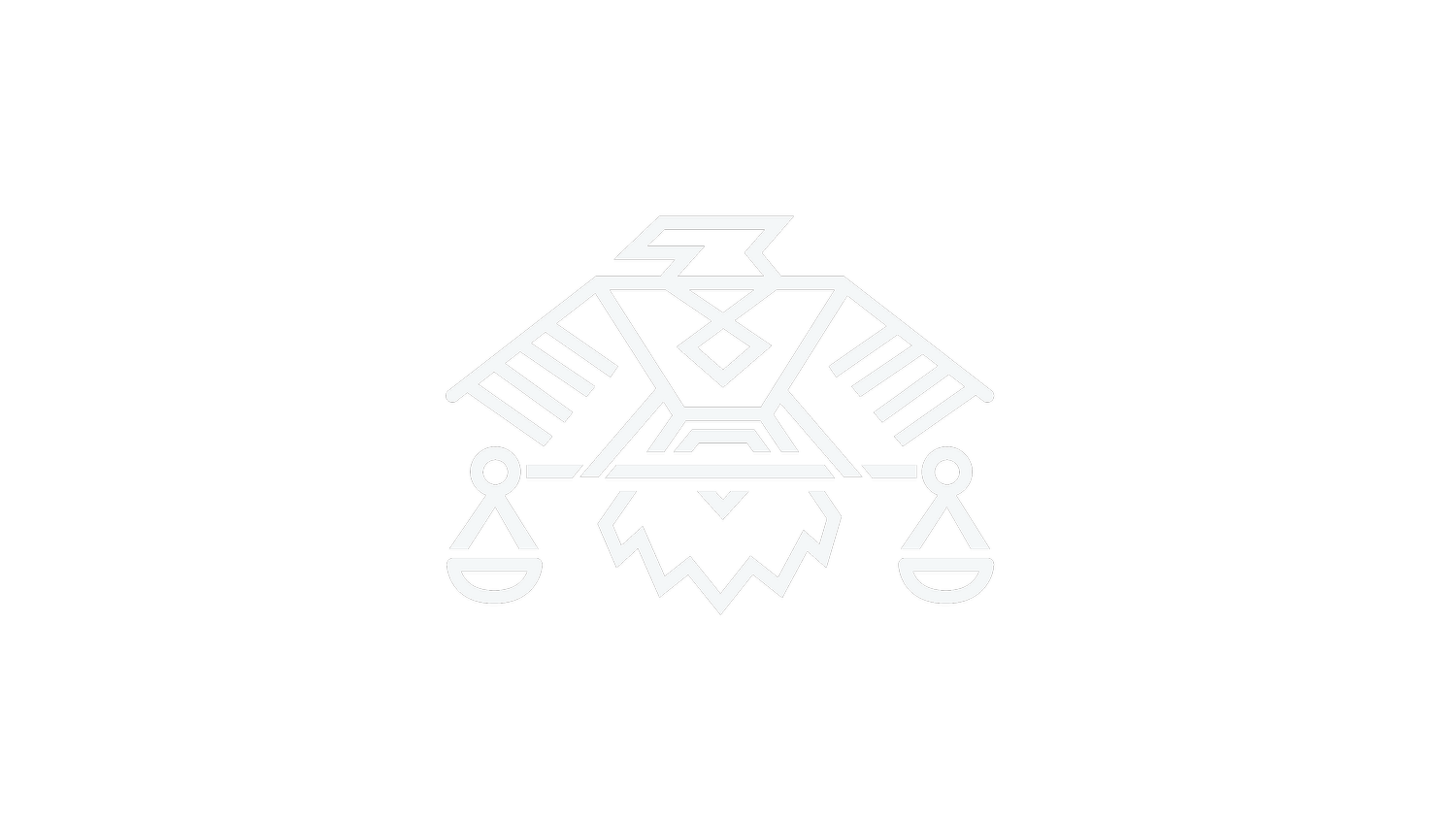Indigenous Bar Association Calls for Immediate Halt of HBC Private Auction of Indigenous Intellectual Property
FOR IMMEDIATE RELEASE
June 26th 2025
The Indigenous Bar Association (IBA) joins Canada’s Governor General Mary Simon, the Assembly of First Nations, and Indigenous Peoples in calling for an immediate halt to the private auctioning of Indigenous intellectual property held by the Hudson’s Bay Company (HBC). The IBA also calls for the repatriation of Indigenous intellectual property currently held in the HBC’s corporate archives.
In 2025, an Ontario court authorized the HBC to privately auction off over 4,400 historical artifacts and artworks as part of its liquidation. Among the items listed is the Royal Charter of 1670, granted by King Charles II, which authorized the HBC’s quasi-governmental control over Indigenous territories despite the absence of Indigenous Peoples consent. The Royal Charter’s legal validity and jurisdictional oversight is deeply contested, reflecting Canada’s own repudiation of the doctrine of terra nullius.
The IBA emphasizes that HBC’s commercial success was built on the intellectual property of Indigenous Peoples, appropriation of traditional knowledge, including resource management systems and pre-existing international trade networks. The private auctioning of Indigenous artifacts and artworks now presents an opportunity for both HBC and Canada to begin addressing these historical injustices by returning Indigenous intellectual property currently held by the HBC to its rightful holders. However, existing private law frameworks continue to exclude Indigenous Peoples from equitable remedies in the court proceeding, highlighting a systemic gap in the recognition and protection of Indigenous intellectual property within Canadian law. It is therefore critical that Canada work in partnership with Indigenous Peoples to develop new legal remedies for Indigenous intellectual property infringement that align with international human rights standards and Indigenous legal orders.
The auctioning of Indigenous intellectual property violates Canada’s obligations under both domestic law and international treaty. The Supreme Court of Canada has affirmed the United Nations Declaration on the Rights of Indigenous Peoples (UNDRIP) as part of Canadian domestic law. Articles 12 and 31 of UNDRIP affirm Indigenous Peoples’ rights to control their intellectual property including seeking repatriation for ceremonial objects. Additionally, Canada is a party to the International Covenant on Economic, Social and Cultural Rights under which the United Nations Committee on Economic, Social and Cultural Rights, in General Comment No. 17, affirms that state parties have a responsibility to prevent third-party infringements of cultural rights, including those related to intellectual property under Article 15.
While HBC has indicated it may make the auction list public, transparency alone does not constitute reconciliation nor is it a legal determination that affirms the protection of Indigenous intellectual property. The IBA calls on the federal government to intervene and uphold Indigenous, Canadian, and international legal standards by stopping the private auction and working with Indigenous Peoples to develop repatriation processes rooted in Indigenous legal orders.
The IBA is the national association of Indigenous (First Nation, Métis, and Inuit) lawyers (practising and non-practising), legal academics and scholars, articling clerks and law students, including graduate and post-graduate law students and paralegals in Canada. The IBA’s mandate includes, inter alia, advocating for the recognition of Indigenous laws, legal traditions, protocols and processes; promoting the reform of policies and laws affecting Indigenous peoples in Canada; and fostering public awareness within the legal community in respect of legal and social issues of concern to Indigenous peoples in Canada. For more information visit: www.indigenousbar.ca.

